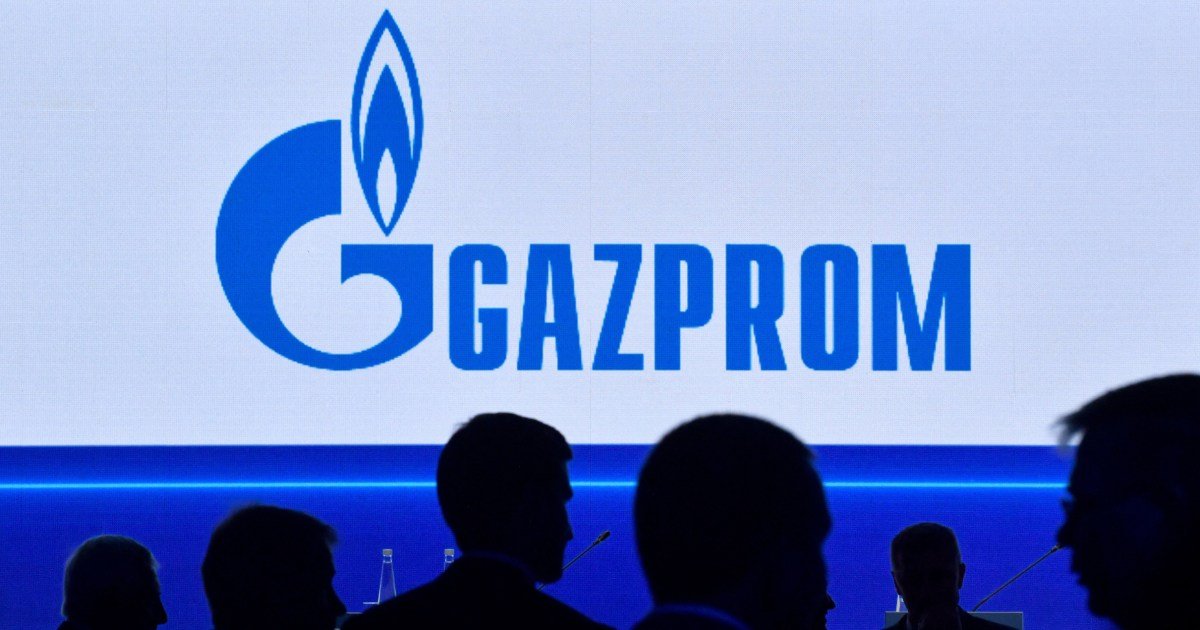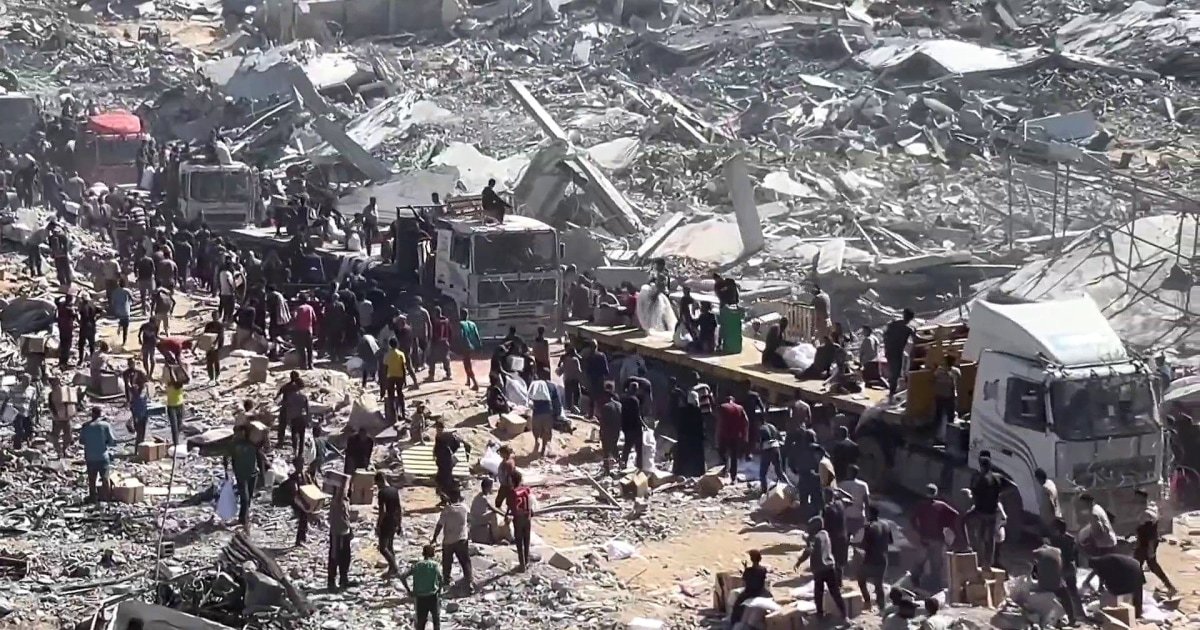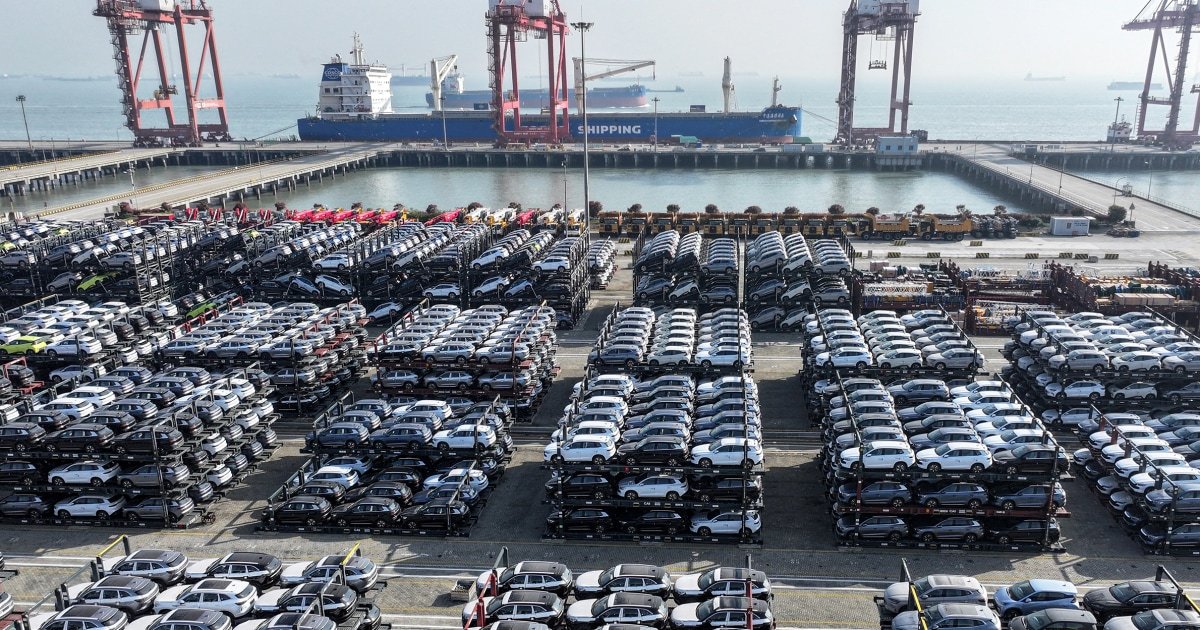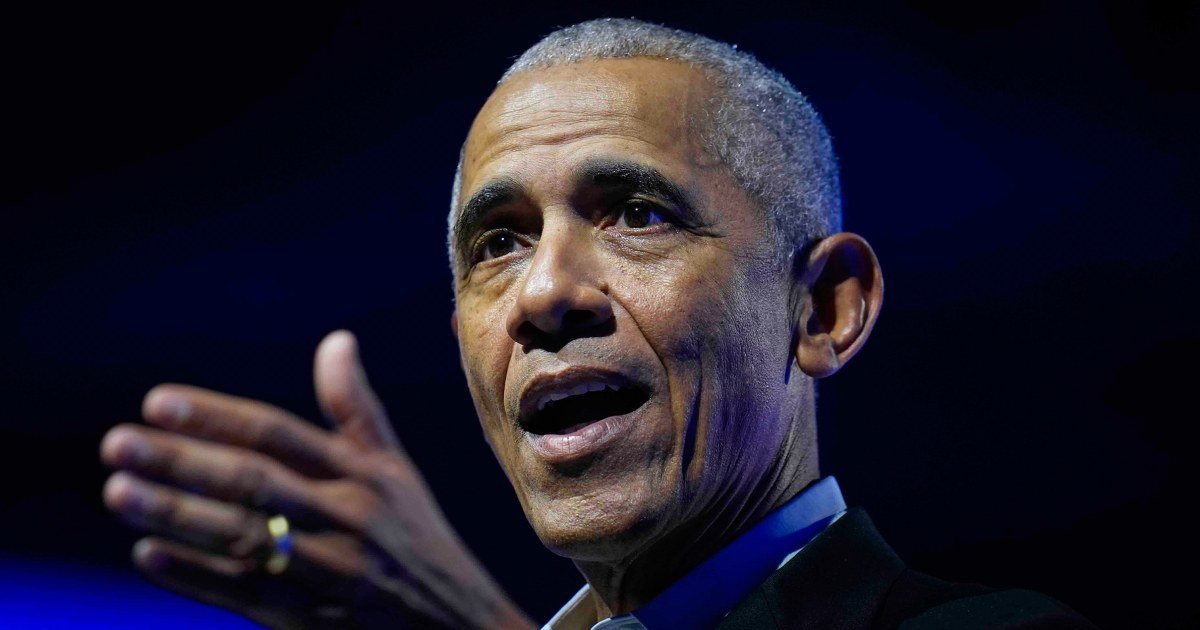A major gas pipeline supplying Russian energy to Europe ran dry on Wednesday after Ukraine cut off six decades of supply to Moscow in hopes of financially hurting its invader.
The planned move marks the end of an era in which many European countries kept themselves warm by using gas pumped by Russia, which in turn was accused of using this dependence to blackmail its Western neighbors after the large-scale invasion of Ukraine in 2022, something he denies. .
Gazprom confirmed in a statement that the pipeline agreement had expired following Ukraine’s “repeated and explicit refusal to extend these agreements.”
Just as the pipeline deal expired, Russia launched its latest barrage of drone strikes against Ukraine, as Russian President Vladimir Putin seeks to build on his battlefield momentum by attacking Ukrainian civilians and energy infrastructure during its harsh winter.
Most of the 111 Russian drones were repelled by Western-backed Ukrainian missile defense systems, aircraft and electronic warfare technology, officials said, although at least six people were injured and two died in the capital, kyiv.
“Even on New Year’s Eve, Russia was only worried about how to harm Ukraine,” President Volodymyr Zelenskyy said early Wednesday.
Ukraine is besieged militarily, with Russian forces making gains on the front lines in recent months, as well as being enveloped by geopolitical uncertainty. President-elect Donald Trump, who will take office later this month, has unnerved many in Europe by refusing to commit to the same multibillion-dollar support for Ukraine provided by the Biden administration.
In addition to launching attacks on Russian territory, Ukraine is trying to harm Moscow in other ways. Part of that is not renewing the gas pipeline deal, which expired after supplying Europe with Russian gas through Ukraine for six decades.
“We stopped the transit of Russian gas. “This is a historic event,” Ukrainian Energy Minister Herman Galushchenko said in a statement. “Russia is losing markets and will suffer financial losses.”
Polish Foreign Minister Radek Sikorski posted on
The move was not a surprise; Ukraine repeatedly said it would not renew the deal, which Zelenskyy said earlier this month gave Russia “the opportunity to earn additional billions from our blood.”
But it won’t be easy, as Ukraine will lose up to $1 billion a year in transit fees it charges Russia to use its pipeline, Reuters reported. That’s less than the $5 billion that Gazprom, the Russian state energy giant, will lose annually, according to the news agency.
Gazprom confirmed in a statement on Wednesday that the pipeline agreement had lapsed following Ukraine’s “repeated and explicit refusal to extend these agreements.”
Most European countries are no longer dependent on Russian gas having diversified their supplies (to the United States, Qatar and others) following Putin’s large-scale invasion of Ukraine in February 2022. However, by stopping the pipeline , natural gas prices in the European Union rose to 50 euros ($52), their highest level since rising to 330 euros in 2022 following the invasion.
Turning off the taps may also affect Austria, Slovakia and, in particular, Moldova (which is not part of the EU), all of which rely on Russian gas more than most Europeans. Already in the Moldovan separatist region of Transdniestria, home to 450,000 people and 1,500 Russian soldiers, the local energy company cut off the supply of domestic hot water and heating on Wednesday, Reuters said.
Not only is Russia’s Ukrainian natural gas artery down, but the Nord Stream gas pipelines remain damaged by as-yet-unexplained explosions in September 2022. That leaves only the TurkStream gas pipeline linking Russia with Turkey, Hungary and Serbia.









